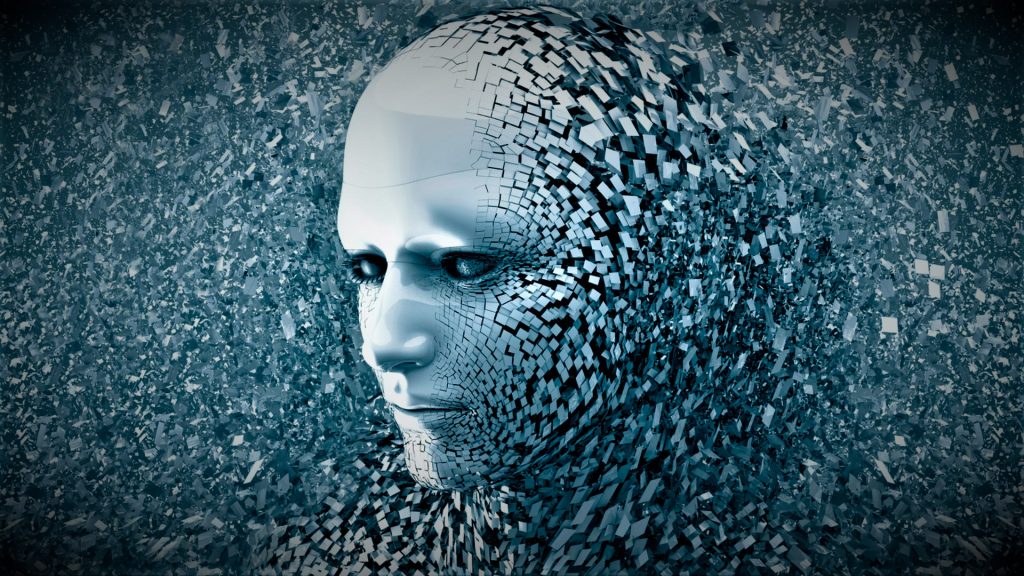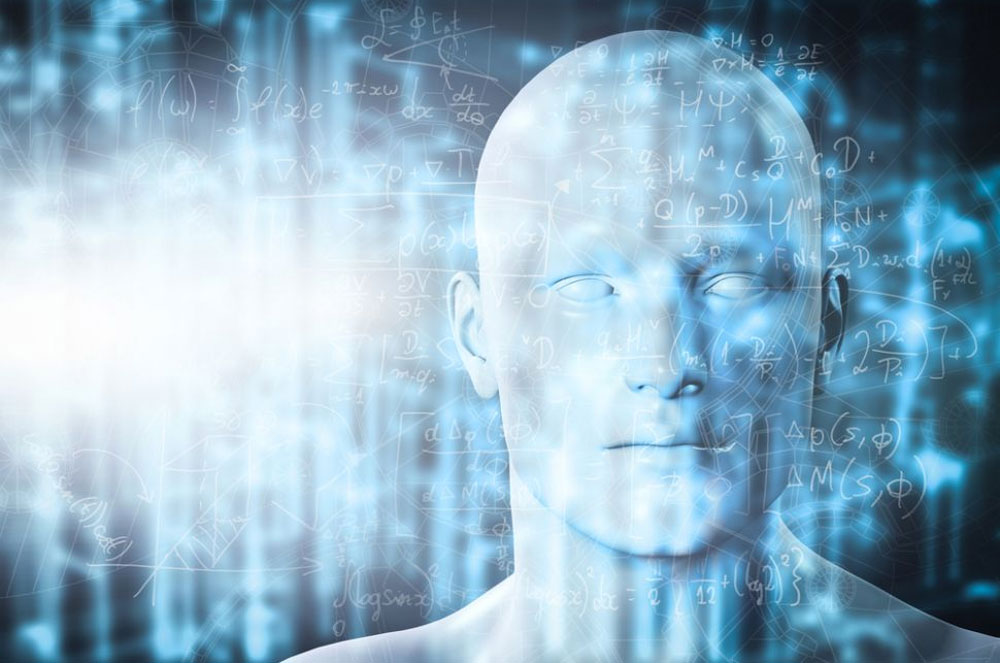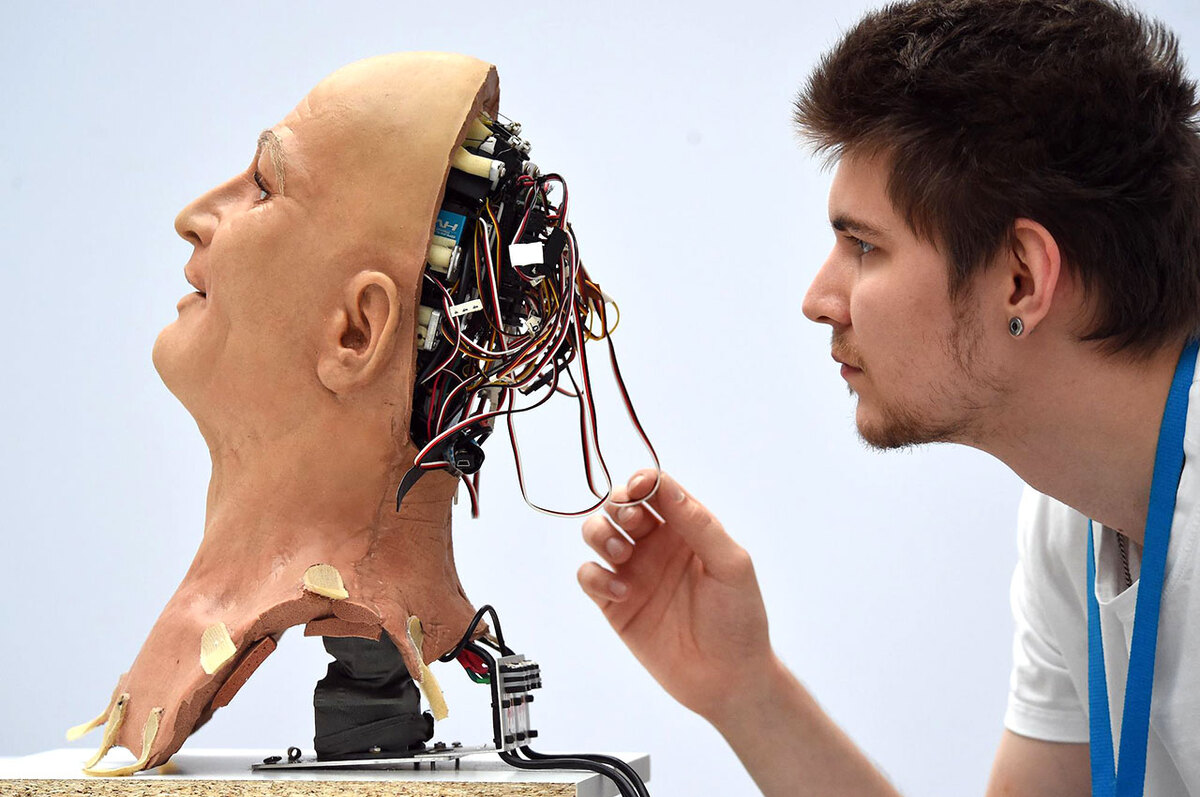In recent years, artificial intelligence (AI) has made significant strides in various fields, and one of the most intriguing applications is in the realm of music composition. AI-generated music has captured the imagination of musicians, researchers, and music enthusiasts alike. In this blog post, we’ll take a closer look at the fascinating world of AI-generated tunes, exploring the technology behind it, its impact on the music industry, and the creative possibilities it presents.
The Technology Behind AI-Generated Music
AI-generated music relies on deep learning algorithms and neural networks. These algorithms are trained on vast datasets of existing music, learning the patterns, structures, and styles of different genres. As they learn, they become increasingly proficient at generating original compositions that mimic the characteristics of human-made music.
One of the most famous examples of AI-generated music is OpenAI’s MuseNet, which uses a massive dataset of musical scores to compose music in various styles and genres. MuseNet can create music in the style of classical composers, modern pop artists, or even invent entirely new genres. It’s a testament to the versatility of AI in music creation.
Impact on the Music Industry

AI-generated music has the potential to disrupt the music industry in several ways. Firstly, it can assist musicians and composers in the creative process. Musicians can use AI tools to generate musical ideas, explore different styles, and experiment with melodies and harmonies. This collaboration between human creativity and AI innovation can lead to the creation of unique and captivating compositions.
Moreover, AI-generated music has found its place in the world of production music. Production companies are using AI to generate background music for films, TV shows, and advertisements. This not only saves time and resources but also allows for more customization and flexibility in creating the perfect mood and atmosphere for visual media.
Creative Possibilities
One of the most exciting aspects of AI-generated music is its potential to push creative boundaries. AI can compose music that challenges our traditional notions of melody, rhythm, and harmony. It can create experimental and avant-garde compositions that may inspire new genres and artistic movements.
AI can also aid in music education by providing personalized practice material for musicians. For example, it can generate exercises tailored to an individual’s skill level and musical goals. This makes music education more accessible and engaging for aspiring musicians.
Ethical Considerations

While AI-generated music offers tremendous potential, it also raises ethical questions. Who owns the rights to AI-generated compositions? Should AI-generated music be eligible for copyright protection? These are complex issues that the music industry and legal experts are currently grappling with.
Additionally, there’s concern about the potential for AI to replace human musicians and composers. While AI can assist and enhance creativity, it should ideally be viewed as a tool to complement human talent rather than a replacement. Striking the right balance between human and AI involvement in music creation is a challenge that needs careful consideration.
The Future of AI-Generated Music
As AI technology continues to advance, we can expect even more exciting developments in the world of AI-generated music. From creating entirely new genres to aiding musicians in their creative journey and revolutionizing music education, the possibilities are vast.
In conclusion, AI-generated music is a captivating field that merges technology and creativity in unprecedented ways. It has the potential to transform the music industry, expand the horizons of musical expression, and raise important ethical questions. As we continue to explore the intersection of AI and music, one thing is clear: the future of music is not just in the hands of talented human artists but also in the algorithms and machines that make music.

